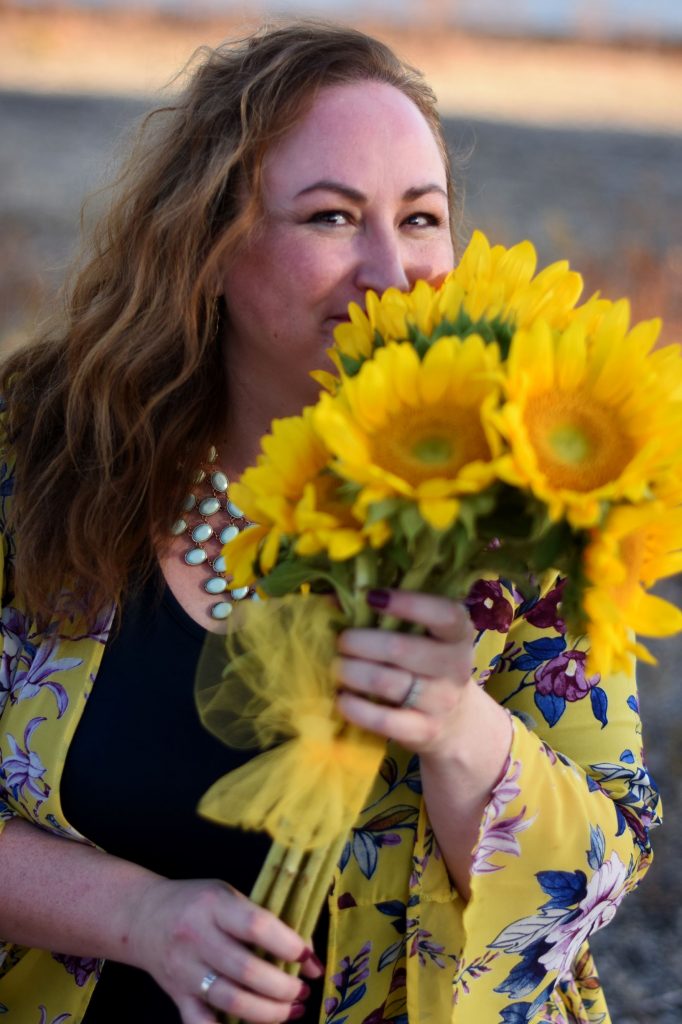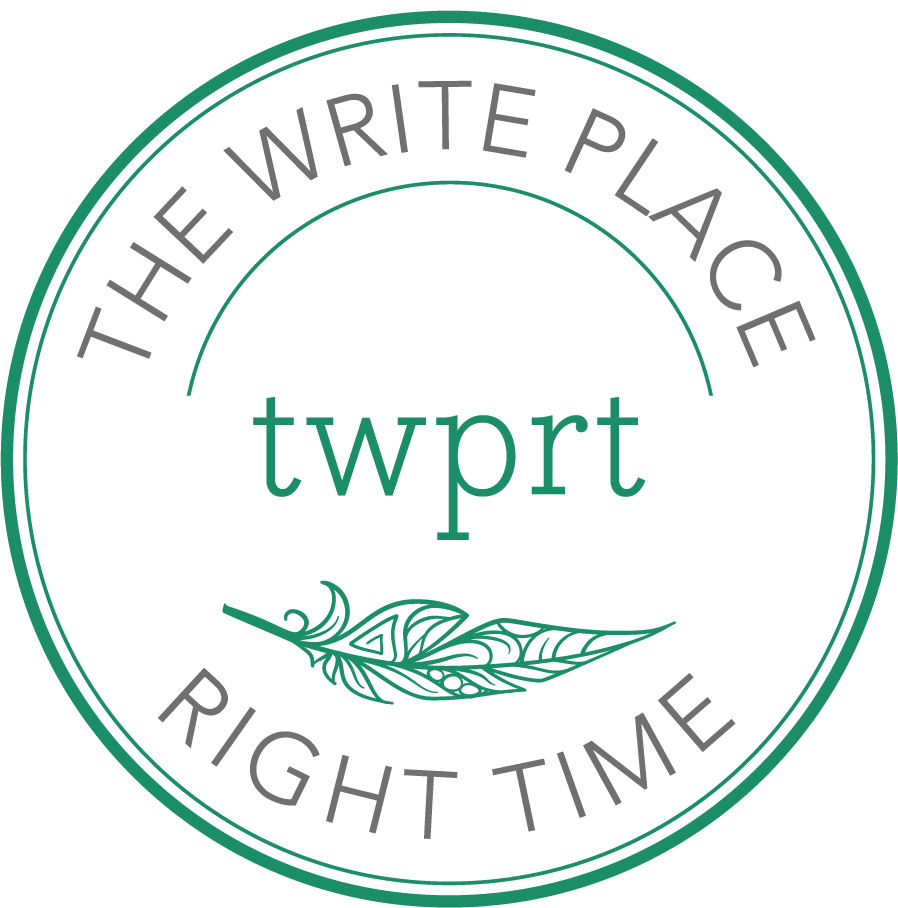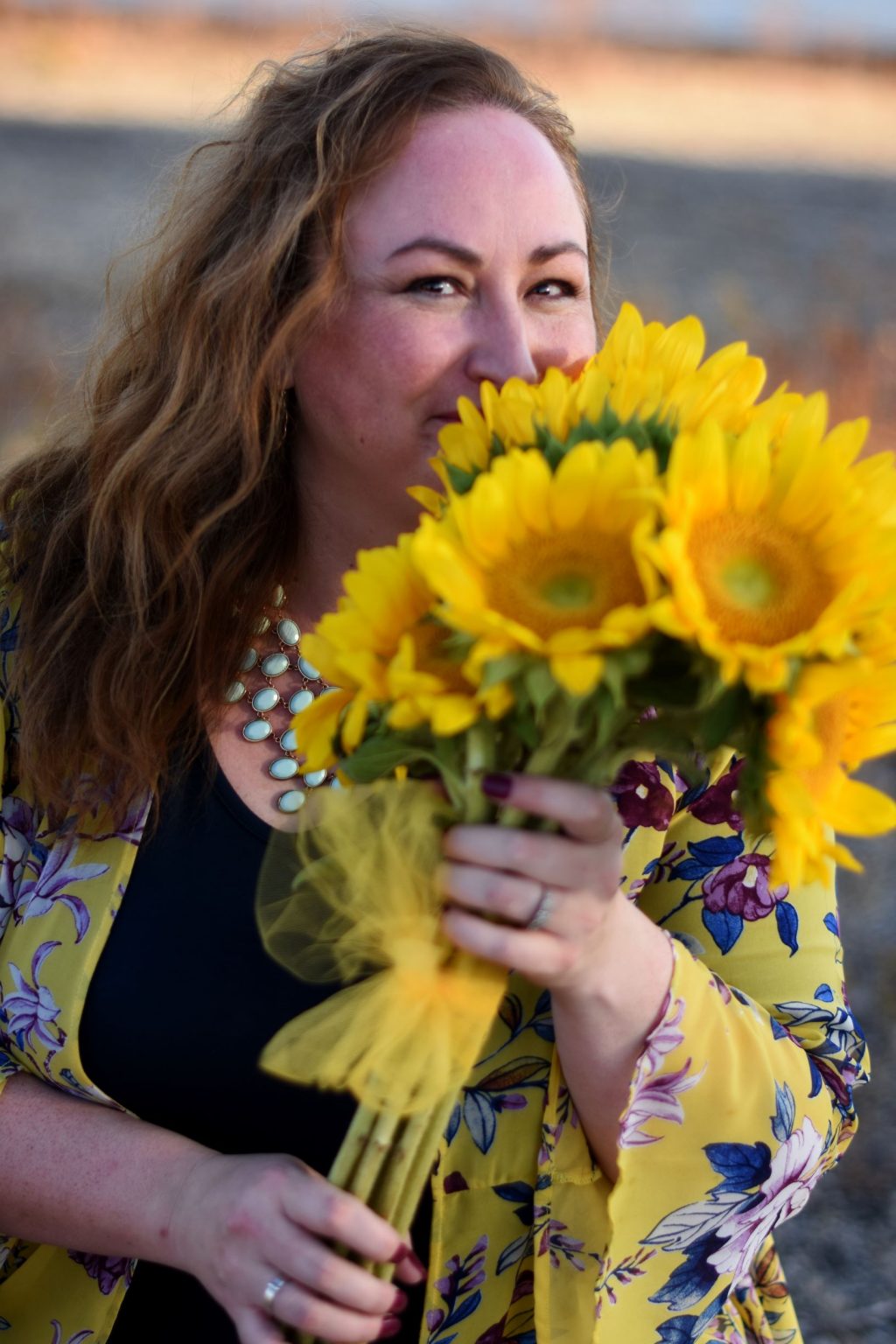This post is the first in our 2024 guest blog post series Bravely Write Your Book.
Learn from publishing professionals and authors how to bravely write your book.
Welcome back everyone! Last month we covered outing your secrets with Jenn T. Grace, and this month I’m back once more with another guest speaker from my inner circle. Today we’re setting our sites on limiting beliefs, and how to overcome them. When you’re writing a book, there will be times when you’ll doubt yourself and your writing, and it’s easy to let those thoughts hold you back. If your worries and doubts have been holding you back, then you’ve come to the right place, because our guest this month is here with the guidance and expertise to help you believe in yourself and push past those limiting beliefs.
Let me introduce this month’s guest contributor–Kate Varness
Kate Varness is a clarity coach for busy women who can’t push through exhaustion like they used to and it’s affecting their work, relationships, and self-confidence. After 1:1 coaching with Kate using Human Design, her clients are energized and inspired, clear on where their responsibilities start and stop, and emotionally stronger than they’ve ever felt before. Her signature Epiphany program is a journey from reactive mode to personal rebirth. Check out Epiphany here: https://katevarness.com/epiphany/
Since 2004, Kate’s helped women create intentional and functional lives, first as a professional home organizer, ADHD expert and certified life coach, and more recently, as a Human Design Specialist. Human Design allows people to know how they are naturally wired to make confident decisions, interact with others without getting drained, and to unapologetically use their gifts.
Kate is a multi-book author, international speaker, lover of binge learning, time travel shows, and Oracle Decks. Kate lives a couple hours south of Chicago with her husband, kids, and Chief Operating Dog, Mickey.
What advice would you give someone struggling with sharing their story?
Sharing one's story is one of the most powerful and vulnerable things a person can do. You can't predict how the reader will react. Will it be well-received or scoffed at?
That unpredictability can cause an author to hide in a number of ways, such as: always being in preparation/research mode; talking to others about their project instead of actually writing it; trying to find the perfect words right away and missing out on the unexpected discoveries that happen when you let the words flow; and holding back on telling the raw truth of what you experienced.
These stalling behaviors serve an unconscious purpose of trying to protect you. Unfortunately, when you censor yourself, your tale loses power. Or worse, it never gets told. What a loss for the future reader who desperately needs to know they aren't alone in their struggle! What a loss for you to miss out on seeing yourself as the brave survivor, expert, or guide that you are!
So, if you are anxious about what others think or find yourself not doing the task of writing, here are three bits of advice.
1) Recognize that the part of you who fears criticism is just trying to keep you safe in the way it deems best. You can thank that inner child protector and let it know that right now you're just in draft mode.
2) Connect to the potential benefits of telling your story. Why are you so passionate about this project? Have another person ask you that question and record your answer. Frame that fire-in-your-belly reason and read it whenever you feel doubt creeping into the shadows. The light of that fire will refocus your efforts.
3) Enlist support. Not just any support–only the good kind. Bad support leaves you with a pit in your stomach and the desire to hide under a comforter. Good support helps you progress steadily with burgeoning word counts, know that somebody kind is paying attention, and remember that this whole endeavor is worthwhile. Allow yourself the joy of camaraderie.
Was there a time you struggled with sharing your story in your own writing? How did you overcome it?

Writing a book for someone else took effort, but I never got stuck in self-doubt in the same way I did writing my own book. At the time I didn't realize that my delay methods (listed above) were because I felt too vulnerable–as in, who am I to put this out there?!?
Without the external support, I spent months doing more talking and researching than writing. I realized that I wasn't going to complete the book process without an expert guide who could help me with deadlines and editing. Once I got over the initial shock about having to pay someone to help me (hello, former cheapskate Kate), I realized that I never, ever would have gotten to the publication finish line without that support. We were in it together and that motivated me to put my butt in the seat to send it her way.
What did you wish you knew then that you do now?
I wish I knew from the beginning that most books aren't going to be money-makers in a John Grisham kind of way. Sales were not the success marker I needed to use.
For me, a better success marker was using the book to establish credibility to attract clients and speaking engagements. A success marker for someone else might be making a positive impact or inspiring others with their message.
In other words, it's okay to make an investment in having help to write, edit, produce, or promote a book even if the bottom line of book sales doesn't initially recoup the investment.
If you could write a letter to your younger self about sharing your story, what would you tell them?
Your story's important. It deserves to be told. Be brave. Be honest. Be bold.
What is the most valuable advice you’ve received as a writer about sharing your story?
There's nothing to edit if there's nothing to read. Stop putting a crimp in the garden hose and let the words flow. Don't worry how the words come out. Just get used to opening the faucet by writing regularly. For me, that means lugging my laptop to a coffee shop with a particular subject or section in mind and seeing what wants to emerge.
What is one piece of advice you can provide to help someone bring their book to the world?
You deserve good support through this process.
Don’t forget to join us again next month when Jennifer Jane Young will be here to discuss learning something new and the bravery that comes with it.
While you wait for the next blog post in this series to drop, don’t forget about these two free and readily available resources.
- The 5-Step Writing Guide to Starting (and Finishing) Your Memoir. It’s time to light up your world and ours with your story.
- My 20-minute Story Stroll where you and I get to talk openly and honestly about the book you’re feeling tapped to write. Let me help you take the next best step on your journey.

